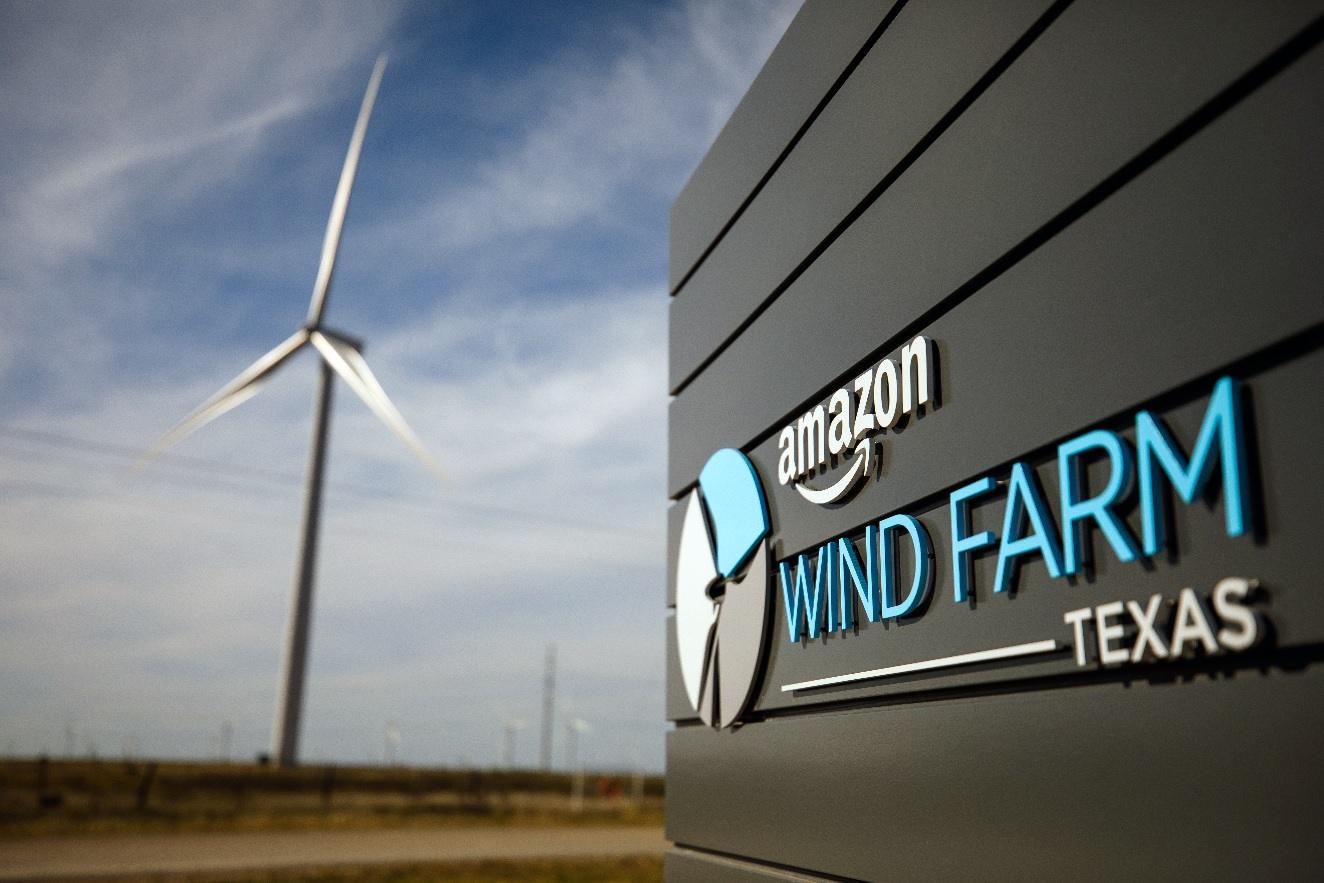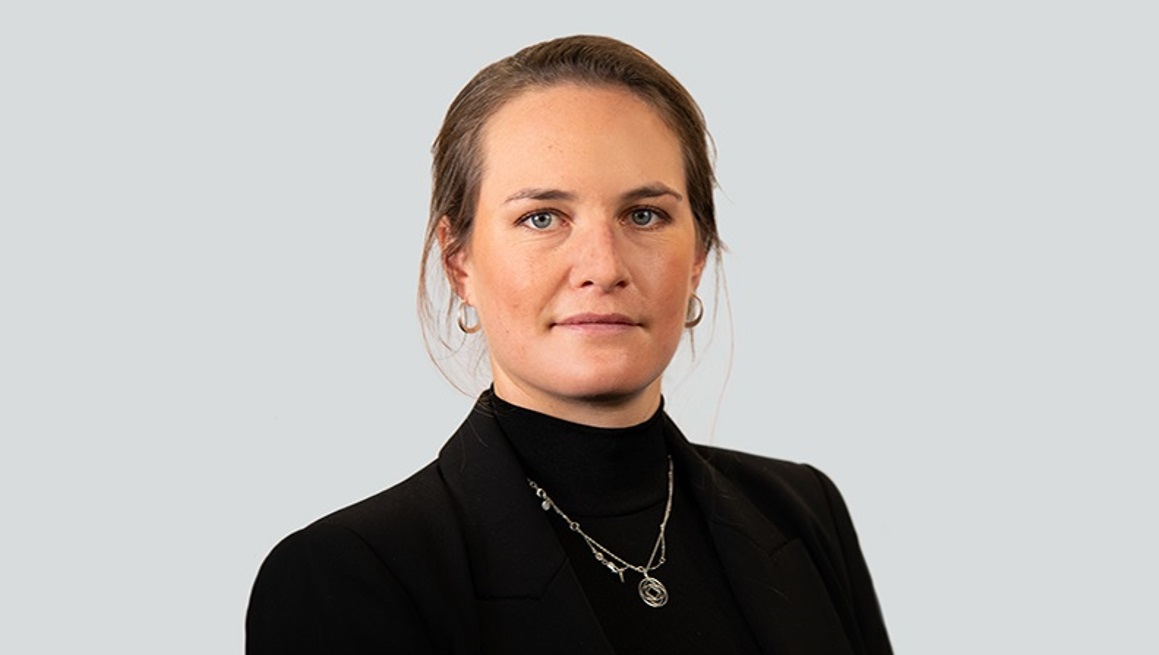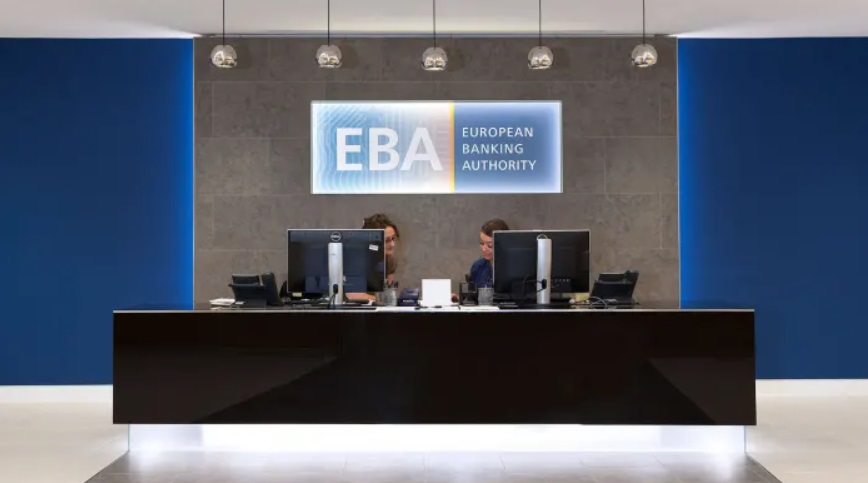Deutsche Bank Defines Sustainable Finance in New Framework
Deutsche Bank announced today that it has publishes its new Sustainable Finance Framework, setting comprehensive rules defining which financing offers and products can be classified as sustainable. Deutsche Bank said that the framework is aligned on a best effort basis to the EU Taxonomy. In a second-party opinion by ISS ESG, the organization stated that the bank “is among the first international banks to explicitly refer to the EU Taxonomy in its group-level sustainability policy”.
In May 2020, Deutsche Bank established sustainability targets, including planned increases in its volume of sustainable financing and portfolio of ESG investments under management to over 200 billion euros by the end of 2025. According to the bank, the framework set today creates the basis to achieve its sustainability targets in accordance with credible criteria.
Deutsche Bank’s new framework defines a global process and creates Group-wide rules for the criteria which the bank may use in future to classify fixed-income and securities transactions, capital market products and financing offers as sustainable. This includes stipulating sector-specific thresholds and eligibility criteria, as well as the environmental and social criteria that apply to the due diligence process for sustainable finance. As an example, Deutsche Bank said that a financing project may only be classified as sustainable if its proceeds are used solely for a project that fulfils the environmental or social eligibility criteria of the in-house taxonomy and it is then approved by the bank’s Environmental and Social Due Diligence process.
According to the bank, the new framework’s criteria are aligned to the Green Bond Principles and the Social Bond Principles of the International Capital Market Association (ICMA), and follows the latest guidance in the EU Taxonomy developed by the European Union’s Technical Expert Group (TEG) on Sustainable Finance.
Additionally, Deutsche Bank said that it confirmed in a second party opinion from Institutional Shareholder Services ESG (ISS ESG) that the framework is consistent with “best market practices,” that its content is aligned with the bank’s existing sustainability criteria, and that the standards applied by the Framework to define transactions as sustainable are ambitious and credible.
Deutsche Bank CEO Christian Sewing said:
“This Sustainable Finance Framework is one precondition for enabling us to become a trailblazer in this area in the financial sector. It helps us provide our clients with the clarity they need and the guidance they require regarding ESG financing and ESG financial products – including their own transformation to a sustainable business model.”





